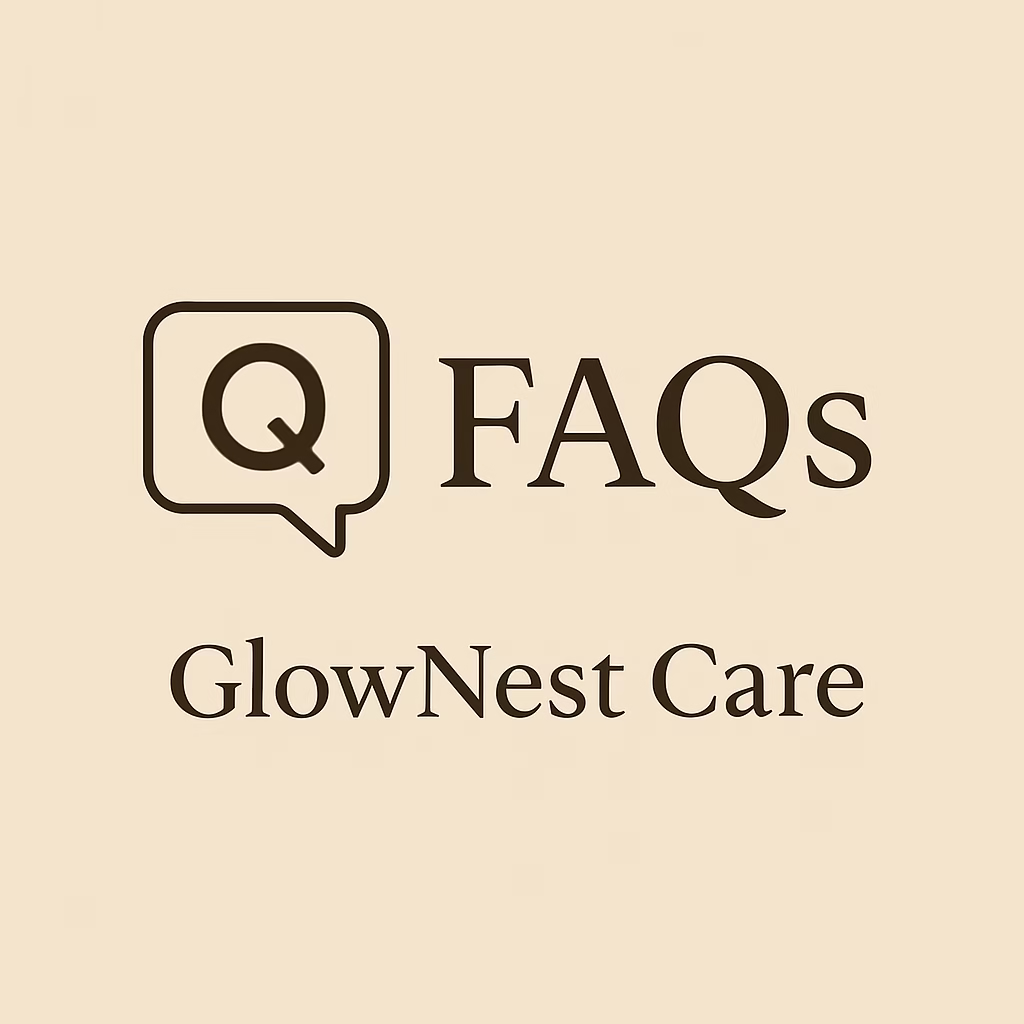Updated for 2025 – backed by dermatology research and verified scientific sources
Exosome skincare is dominating the 2025 anti-aging conversation. With claims around cellular repair, collagen stimulation, and fast rejuvenation, the interest is massive — but so are the questions. This FAQ breaks down the most-searched concerns about exosome serums using published research, dermatologist insights, and early clinical evidence.
For a full scientific breakdown, see the full guide:
👉 [Exosome Serum 2025: The Future of Anti-Aging or Just Hype?]
Exosome serum is a topical skincare formula containing exosomes – microscopic vesicles naturally released by cells. These vesicles carry proteins, peptides, lipids, and growth factors that support:
– cellular repair
– collagen production
– reduction of inflammation
– improved communication between skin cells
Exosomes function as messengers that deliver biological signals to your skin. They help:
– boost collagen and elastin production
– accelerate repair of damaged tissue
– calm inflammation
– improve skin’s structural integrity
This “cell-to-cell coaching” is why exosomes are considered a next-generation anti-aging technology.
Reference: Harvard Stem Cell Institute – research on extracellular vesicles
Commonly observed benefits include:
– smoother skin texture
– improved firmness
– brighter, more even tone
– reduction in fine lines
– improved hydration and barrier health
Reference: DermNet NZ – Exosomes in dermatology
Timeline depends on your skin condition:
– Radiance/Glow: 7-10 days
– Texture/Fine Lines: 3-4 weeks
– Collagen-related improvement: 6-8 weeks of consistent use
Deep structural changes take time, but early surface improvements appear quickly.
Generally, yes. Most formulas are:
– non-irritating
– fragrance-free
– suitable for sensitive, aging, and reactive skin
However, because exosome skincare is relatively new, pregnant or breastfeeding women should check with their doctor before use.
Reference: American Academy of Dermatology – product safety guidelines
Retinol:
Primary Function– Collagen stimulation, anti-aging
Downsides- Irritation, dryness, purging
Hyaluronic Acid:
Primary Function– Hydration, plumping
Downsides- No direct anti-aging repair
Exosomes:
Primary Function– Repair, collagen stimulation, hydration support, soothing
Downsides- Limited long-term research
Yes.
Exosomes promote cellular turnover and tissue regeneration, which can help:
– soften acne scars
– fade dark spots
– support healing after microneedling or laser treatments
For best results, dermatologists often combine exosomes with microneedling.
Topical Exosome Serums
– Over-the-counter
– Slower, gradual improvement
– Good for daily maintenance
Clinical Exosome Treatments
– Applied via microneedling or injections
– Faster and deeper penetration
– More dramatic results
– Performed by professionals
Yes, exosomes pair well with:
– niacinamide
– vitamin C
– peptides
– hyaluronic acid
Avoid applying them immediately after strong acids (AHA/BHA) to avoid interfering with bioactive components.
– The INKEY List – affordable, entry-level formulations
– Plated SkinScience – dermatologist-developed, high potency
– ExoGlow – luxury biotech skincare
These brands vary widely in concentration and purity.
Pricing varies by source and concentration:
– Budget: $40–$60
– Mid-tier: $80–$150
– Premium/biotech formulas: $200–$300+
Price differences usually relate to exosome purity and manufacturing standards.
Exosomes are well-established in regenerative medicine, but topical skincare research is still developing.
Dermatologists report promising early results, but the field needs:
more large-scale trials
standardized testing
long-term safety data
Reference: PubMed – Exosomes & Skin Regeneration
👉 For a deeper dive into product insights, real results, and honest reviews, visit our full article: Exosome Serum (2025): The Future of Anti-Aging Skincare or Just Hype?
Final Summary
Exosome serums are one of the most exciting advances in 2025 skincare. Early research suggests meaningful improvements in texture, tone, collagen support, and skin repair – without the irritation often associated with aggressive actives. Although long-term clinical data is still growing, the initial results and dermatology feedback are highly promising.
Author: GlowNest Care Team
Our experts bring years of experience in dermatology-backed skincare and haircare, committed to delivering accurate, science-driven insights you can trust.
📖 Read More: Explore our latest skincare tips, haircare routines, mani-pedi care guides, overall beauty care advice, weekly glow tips, FAQs on trending topics, and handy beauty calculators to keep your glow strong.
🔗 Share This Post: Found it helpful? Share it with friends, family, or on social media to spread the knowledge and inspire healthier skin.
💬 Join the Discussion: Have questions or experiences to share about your skincare routine? Drop your thoughts in the comments, we’d love to hear from you!
